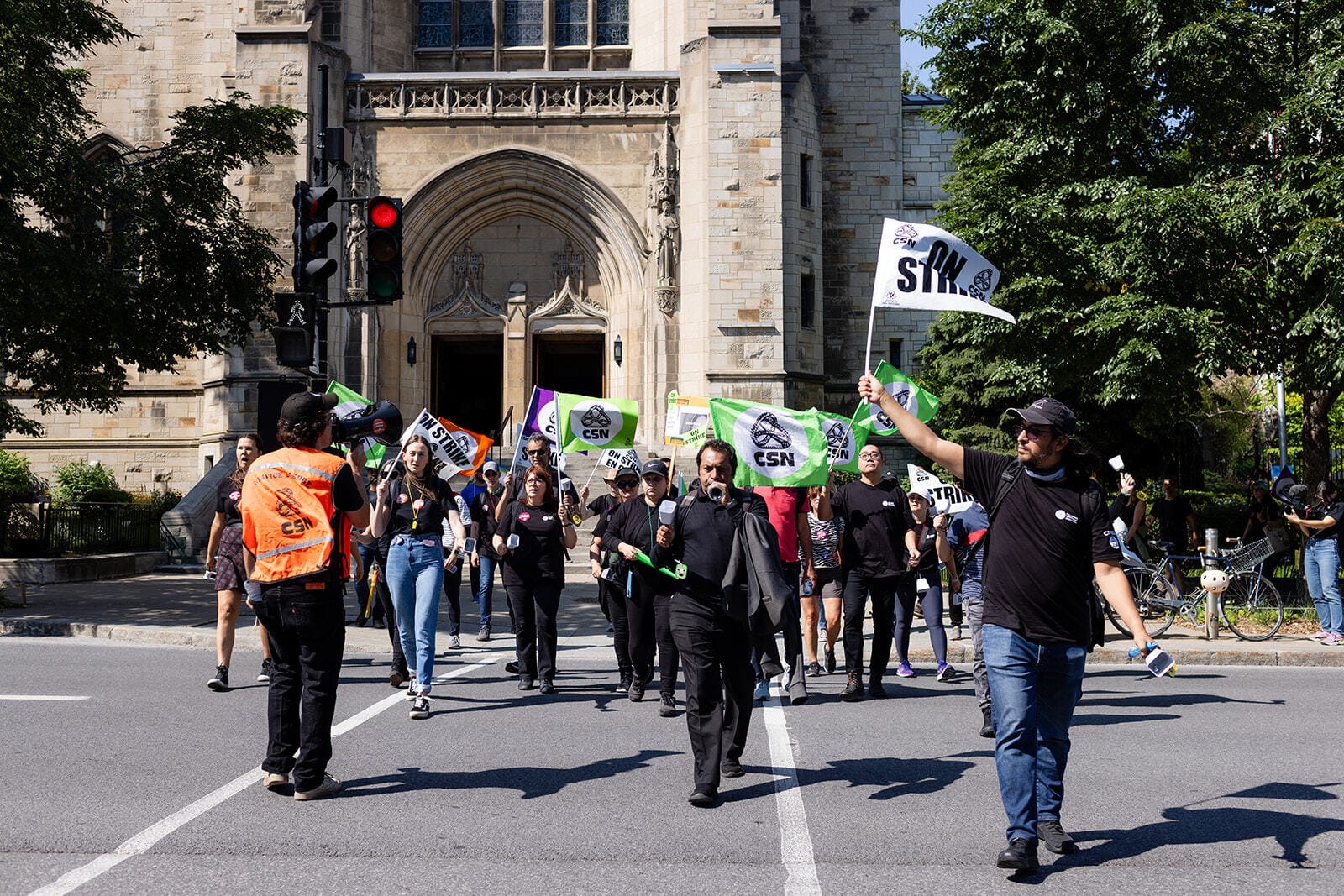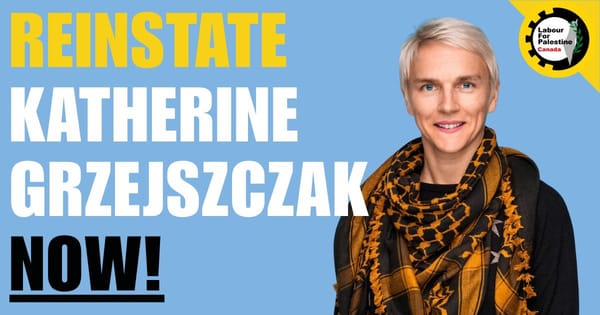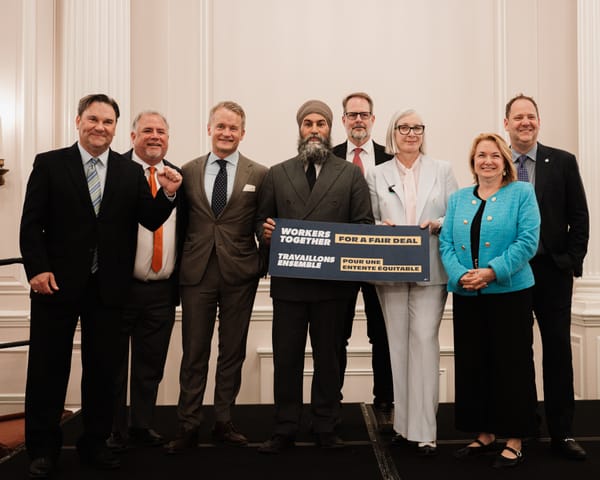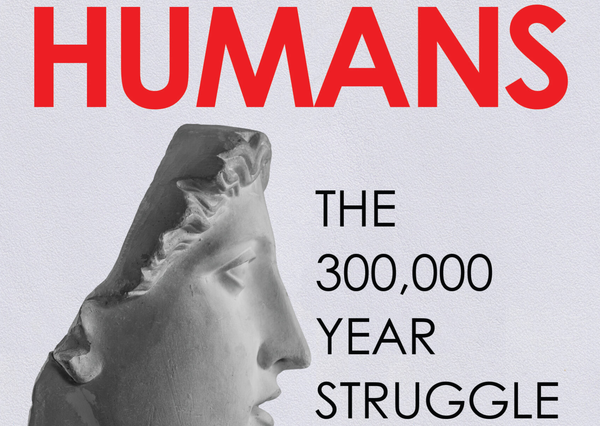
As classes resumed at McGill University in Montreal this term, faculty members of the Association of McGill Professors of Law (AMPL) launched an unlimited strike. This was just the latest in a nearly three-year saga that has seen McGill resist the faculty’s unionization, repeatedly stall negotiations and continue to contest AMPL’s right to exist.
Until recently, McGill was unusual in having a non-union faculty. This changed in November 2021 when the law professors first organized their union.
“There had been reticence from professors to think of themselves as workers or employees,” Kirsten Anker, associate professor in the Faculty of Law at McGill and vice-president of AMPL, told Class Struggle.
“There was a notion of professors as independent professionals, and this idea of the university as a noble community of scholars, where we govern ourselves and, traditionally, management positions have been taken on by professors. That model, or aspiration — or shall we call it a myth? — had maintained itself longer at McGill than elsewhere.”
There was a push to unionize professors in the 1990s but that ultimately proved unsuccessful.
According to Anker, “There was also a growing concern with centralization at McGill, and a rift between administrators and professors.” Along with the centralization of power and the consolidation of a management layer had been a significant growth in the latter’s salaries relative to professors, Anker explained.
Whereas professors who cycled in and out of management roles under the previous model of collegial governance may have received certain pay enhancements and other incentives for this work, the present strata of full-time administrators earn exponentially more than faculty.
As Anker put it, “There’s a growing sense of a managerial class that has its own agenda, plus all of the other neoliberal reforms that are making the university feel more like a corporation, though a not very well run corporation.”
Indeed, McGill’s response to AMPL has looked much more like Amazon or Walmart than a university. In fact, the school has retained the services of a lawyer who previously represented Walmart at the Supreme Court after the retail giant crushed a union drive in Jonquière, Que. Rather than join virtually every other public university in the country and set about negotiating a collective agreement with the new union, McGill chose to resist.
The school argued before the labour tribunal that to allow law professors to unionize as an autonomous unit would encourage other faculties to do the same, which according to McGill, would render the school ungovernable.
This is an argument the university seems unlikely to win. Faculty-level unions, while not common, are also not unheard of at other universities in Canada. Law professors at York University, for example, are members of a bargaining unit separate from the larger union that represents all other professors at York. In Quebec itself, engineering professors at Université de Sherbrooke have their own union as well.
Law professors share conditions of work and have common interests. Moreover, the union has demonstrated that members wish to form a bargaining unit at this scale. As Anker pointed out, when determining appropriate bargaining units, labour boards have taken the will of union members more seriously in recent years in order to protect freedom of association.
Additionally, because no alternative university-wide faculty union exists at McGill, the law professors didn’t have the option of joining another organization. The choice was between a faculty-level union of law professors alone or no representation at all.
In November 2022, Quebec’s labour tribunal held that AMPL met the criteria for an appropriate bargaining unit and certified the union. Yet McGill continued to resist AMPL and maintain its argument that a faculty union will render the university ungovernable.
Unsurprisingly, the school’s continued opposition has made bargaining a collective agreement difficult. As Anker explained, at the same time that McGill met with professors to bargain, it was requesting a judicial review to challenge the union’s certification.
Although McGill maintained it was reasonable to simultaneously bargain and challenge the existence of the union, Anker argued that this contradiction was apparent in the university’s response to union bargaining proposals. For example, across a range of issues where the union sought “status quo” contract language that most other faculty unions have, the university objected and demanded to retain unilateral control and decision-making power.
Throughout the next year, Anker explained that it was very difficult to get the university to the bargaining table.
“They were never available. Or they’d show and they wouldn’t be prepared. They’d spend the first two hours of the bargaining session off in caucus talking among themselves and reading the proposals we sent them a week before. It was very frustrating. They weren’t taking it seriously. The first set of ‘counter-proposals’ was just them crossing out everything we proposed and replacing it with nothing. It really felt like a go-slow strategy. We’d been a union for over 500 days but only met 22 times with them.”
In April, AMPL went on its first strike for two months. “It was about McGill not engaging in good faith bargaining,” Anker recounted. The union had deliberately not walked out during classes in order to minimize the impact on students, though the job action did impact grading.
The union remained on strike for most of June when McGill was set to host the Congress of the Humanities and Social Sciences, a large annual conference held at a different Canadian university each year. More than two dozen academic associations moved their conferences to alternate locations in protest of McGill’s handling of AMPL’s unionization, as well as its response to a student-led pro-Palestine encampment.
However, the union chose to suspend its strike in late June when fewer classes were in session and the impact on the school was minimal.
Following this, some progress was made. The parties arrived at agreement on many non-monetary issues. But in June, McGill announced that bargaining had reached an impasse with no possibility of reaching a collective agreement and called for arbitration.
Anker and other AMPL members were shocked. “For them to declare an impasse then — they’d only just come back to the table,” she said.
At the same time, the union was suspicious about the university’s call for arbitration not only because there had been so little effort to meet since the April strike: AMPL also believed calling for arbitration was a tactic to remove the union’s right to strike.
The labour minister ordered arbitration, though additional bargaining dates remained before it would begin. “Well, they [the McGill administration] didn’t show up.” According to Anker, it became clear to the union that the university was trying to delay until the judicial review in December that would challenge the union’s certification.
“If they could force us into arbitration that would mean we can’t strike and have to return to work. Then, if they can manage to push the arbitration process back far enough, they’ll get to December, to the juridical review, without having a collective agreement in hand,” she explained.
As the fall term approached, the union began preparing to take action again. It was no longer about good faith bargaining, but rather about “our union’s right to exist,” as Anker put it. The union put an offer to the university: it would agree to take the outstanding monetary issues to arbitration if McGill signed off on the non-monetary proposals already agreed upon, and more importantly, withdraw its application for judicial review of the union’s certification.
McGill flatly refused and AMPL went back on strike. As Anker explained, “It’s a lot more intense this time.” Classes have resumed for the fall term “and now students are in the middle of this.”
While the union briefly paused its latest job action in a show of good faith, once again requesting the school withdraw its request for judicial review and finalize a collective agreement, at this stage there is still no contract or resolution to the dispute.
Throughout the saga, AMPL has received much solidarity from other faculty unions across Quebec and Canada. Picket line support from other faculty as well as monetary contributions helped sustain members in their fight. “It’s been a huge morale boost, and we’ve learned a lot from veteran faculty union members from all over Canada,” Anker said.
Still, the battle continues. In early September, the Quebec labour tribunal ordered McGill to stop “obstructing and interfering” with AMPL, as reported by the CBC, after the school sent emails to members challenging communications the union previously sent to them.
For the first time, the tribunal recognized what union members have known since 2021: McGill, a publicly-funded university, is actively engaged in anti-union tactics.
It’s time for McGill to do what it should have done three years ago: recognize AMPL and bargain a contract.
Recent Class Struggle Issues
- September 17 | Liberals Are Finding New Ways To Undermine The Right To Strike
- September 10 | Attacks On Fred Hahn Are Intended To Divide The Labour Movement
- September 3 | Canadian Autoworkers And The Changing Landscape Of Labour Politics
- August 26 | Should Canadian Governments Really Be Subsidizing Goodyear?







